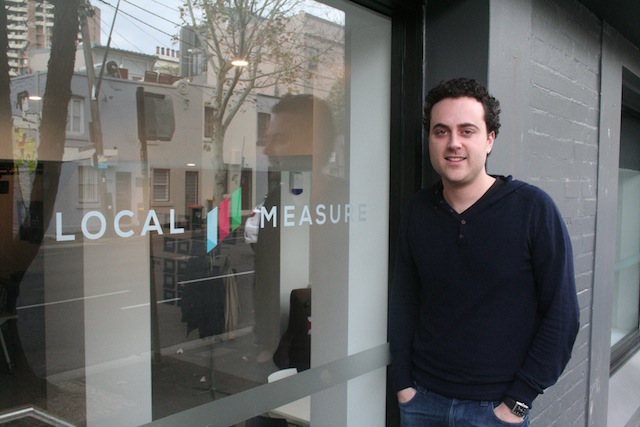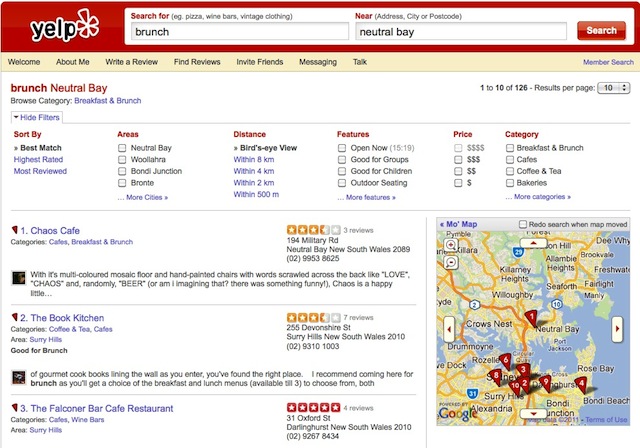The debacle of Uber’s management proposing to threaten journalists drags on and is becoming a classic case of what not to do during a public relations crisis as the company and its supporters continue to make matter worse for themselves.
What’s notable about the hole Uber finds itself in is that it didn’t need to be there; a bit of maturity and commonsense, not to mention knowing when to shut up, would have helped avoid this self inflicted wound to the business.
Much of the damage done by the story could have been avoided by following a few simple steps.
Stop digging
One of life’s key rules is when you find yourself in a hole then the first step to getting out is to stop digging. When the critics are loud, shut up and take a breather. Instead of exacerbating problems, step back, have a think and, if necessary, get some professional help.
Have some perspective
The most fundamental attribute for managers and owners is not to take criticism too seriously; there are always critics and letting them consume your daily lives is counterproductive and ultimately destructive as Richard Nixon would attest.
Usually in business the critics aren’t diminishing you as a person, in most cases they are making observations about your company’s economic model or its actions in the marketplace. If you’re taking criticism too personally, it might be time for a holiday.
Just because someone is criticising you, it doesn’t mean they are in the pay of your competitors or part of the socialist-masonic-jewish-illumaniti conspiracy to get you, they may actually your best friends and even have a point.
Your business priorities
How do these criticisms affect your ambitions for your business? If Sarah Lacy thinks you’re a bunch of misogynist scumballs, does it matter? Often the critics don’t matter to your business as they are a different group to your customers, investors or staff.
Is there merit?
A key question when confronted with criticism should be ‘is there merit to this?’ Before threatening to smear or sue those pointing out your business’ shortcoming it’s good to have a look to see if the critics do have a point about what you’re doing wrong.
Fix the problem
Should it turn out the critics do have a problem, then fix it. Should it turn out your business has a toxic bro’ culture then fire a few of the toxic bros and hire some people with the backbone to fix the problem.
Be open about things
If the criticisms are legitimate, then acknowledge them and be open about how you’re going to fix them. Some critics won’t be satisfied but that’s part of life, you won’t keep everyone happy.
For those critics who will be happy, admitting you’ve made mistakes and are working on fixing the problems will win more fans and supporters. People love a bit of humility and it probably doesn’t hurt for managers to be a bit humble.
On the other hand, it might be that some of your critics do genuinely hate you, are in the pay of your competitors or part of the Illuminati conspiracy. In which case, use facts and stand your ground. In the battle for public opinion, having the facts on your side always gives you the advantage.
Personally attacking your critics though is always a mistake and, as Nixon found, smearing them turns out to be a mistake. Life is too short and time in running a growing business too scarce to be consumed by hate. Get over it and move on.
Get professional help
In Uber’s case it appears their managers have been frantically calling their buddies to help out — this hasn’t helped and has probably exacerbated an already heated environment. A good professional PR adviser or reputation management company will know how to at least ease the pressure if not completely defuse the situation.
Regardless of how good the PR adviser are though, ultimately a business’ good name comes from its management and how the company behaves. This where Uber has to take more care as it becomes a global giant.




